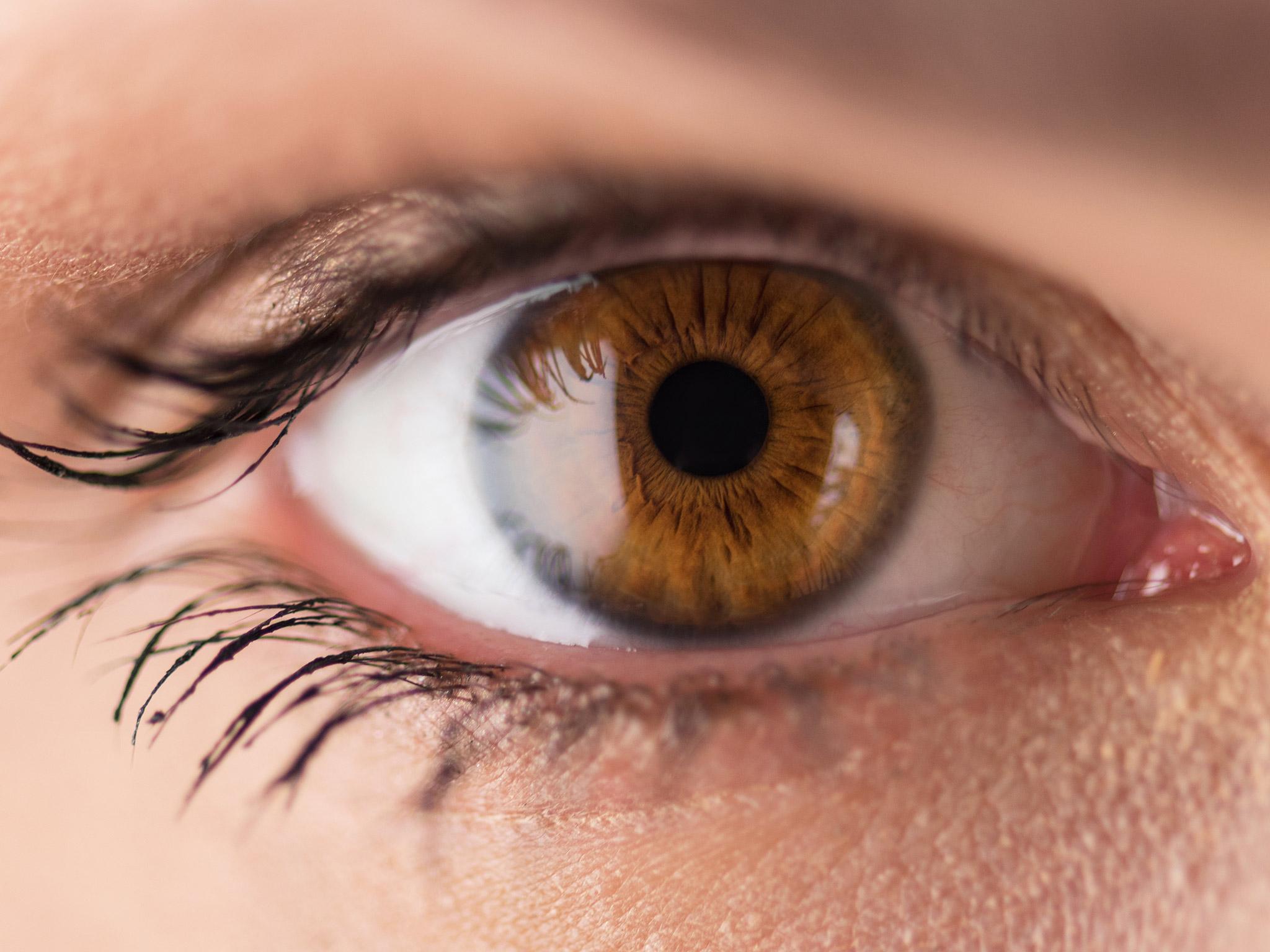'Cuddle chemical' oxytocin linked with distrust in new study
The reputation of oxytocin as the hormone linked to positive social bonding has been called into question

Your support helps us to tell the story
From reproductive rights to climate change to Big Tech, The Independent is on the ground when the story is developing. Whether it's investigating the financials of Elon Musk's pro-Trump PAC or producing our latest documentary, 'The A Word', which shines a light on the American women fighting for reproductive rights, we know how important it is to parse out the facts from the messaging.
At such a critical moment in US history, we need reporters on the ground. Your donation allows us to keep sending journalists to speak to both sides of the story.
The Independent is trusted by Americans across the entire political spectrum. And unlike many other quality news outlets, we choose not to lock Americans out of our reporting and analysis with paywalls. We believe quality journalism should be available to everyone, paid for by those who can afford it.
Your support makes all the difference.The darker side of the so-called "cuddle chemical" oxytocin has been highlighted in a new study, which has linked the hormone to distrust.
Researchers in the Netherlands set out to investigate whether oxytocin affects how people build feelings of trust when making eye contact.
When we communicate, our eyes automatically convey emotions including intimacy and social control. However, this process is little-understood.
As we make eye contact, oxytocin is released and our pupils tend to copy our partner's. This is a phenomena known as pupil mimicry, and impacts trust levels. When a person’s pupils dilate, the other person tends to trust them more. When they constrict, they trust them less. But trust is built most powerfully when eyes synchronise.
The researchers found that while oxytocin is regarded as the chemical which helps to cement human relationships, it not only does not help to build trust but can in fact dampen it. Oxytocin was found to weaken pupil dilation mimicry and strengthen pupil constriction, mirroring a prior study that found the hormone also leads people copy angry faces in others, but not happy faces. This chimes with previous research that showed oxytocin improves our ability to discriminate between trustworthy and untrustworthy faces.
The authors from the University of Lieden explained in the paper published in ‘Proceedings of the Royal Society B’: "Nature has never rewarded naivety and from an evolutionary perspective it can be inferred that oxytocin does not boost trust unconditionally, but instead, that it increases vigilance and a stimulus-congruent ‘sharpening’ of perceived social signals."
To make their findings, researchers invited participants to the lab twice, once to be treated with an oxytocin nasal spray and once with a placebo spray. Participants were given €6, and were told they could invest, or transfer back, €0m €2, €4 or €6 to a partner, knowing their investment would be tripled.
Before deciding their investment, participants watched a short clip of their partner’s eyes either dilated, constricted or did not change in size at all. Participants were told to play trust games with the virtual partners, then asked if they had noted anything special about their partner's eyes, and whether they could guess what the study was about. None guessed correctly.
Participants who were given oxytocin invested less in partners with constricted pupils than those given the placebo, suggesting a link between oxytocin and how sensitive people are to the eyes of others.
Dr Mariska Kret, assistant professor in psychology at Leiden University and co-author of the study, told The Independent: "This work shows that pupil mimicry and its link to trust is influenced by oxytocin. The view on oxytocin is changing. It no longer is seen as the cuddle hormone, the key to unprecedented trust, but it actually has a dark side too. In some cases, it can even lower trust.
"The next step is to study the neural mechanisms," she added. "I predict that pupil mimicry is like a ‘perspective taking tool’, it allows one to step into the mind of the other individuals, understand his or her emotions and intentions."
"That very subtle expressions of our inner state of mind can be unconsciously signalled to others and influence their judgements, in this case, trustworthiness rating."
Join our commenting forum
Join thought-provoking conversations, follow other Independent readers and see their replies
Comments